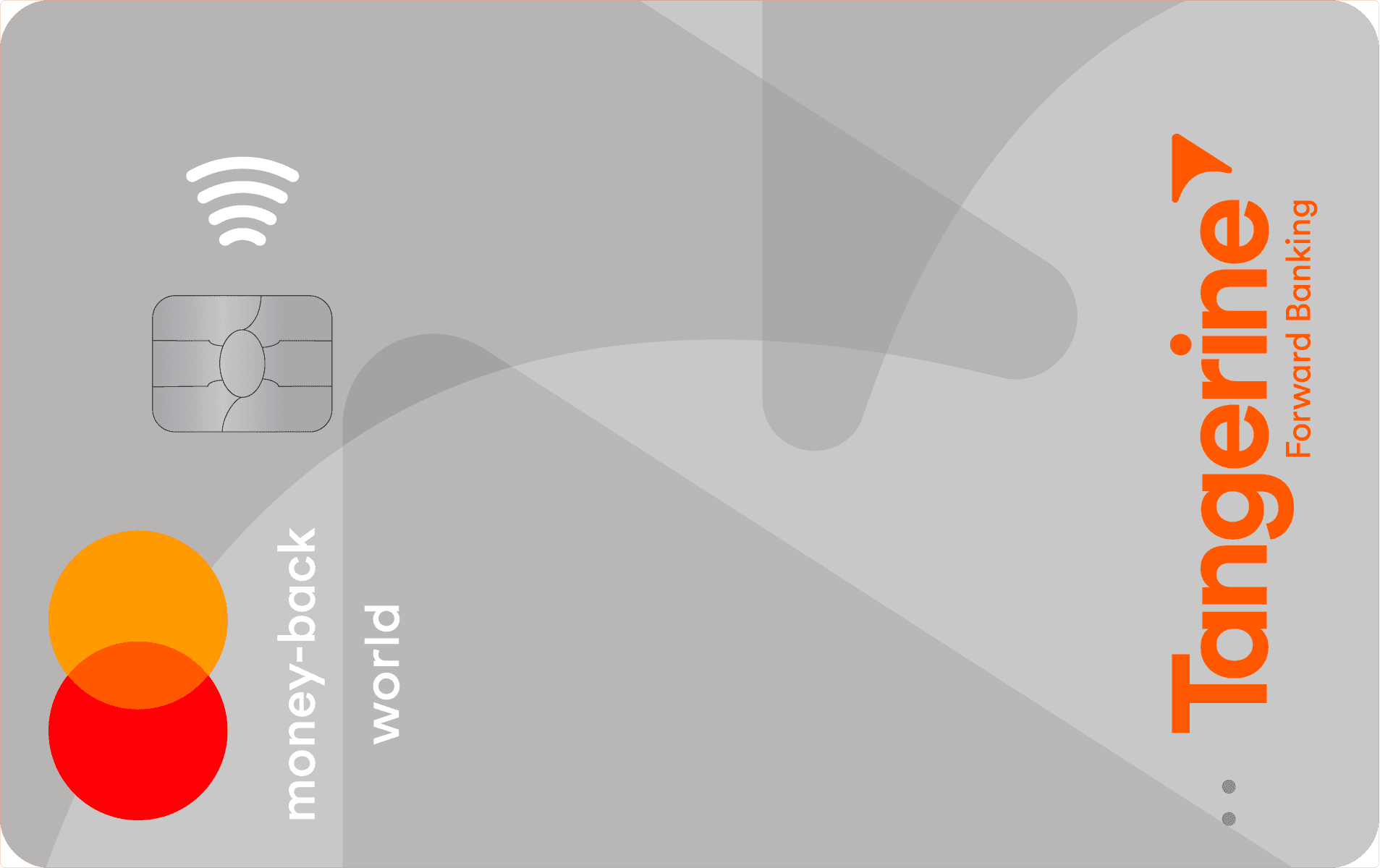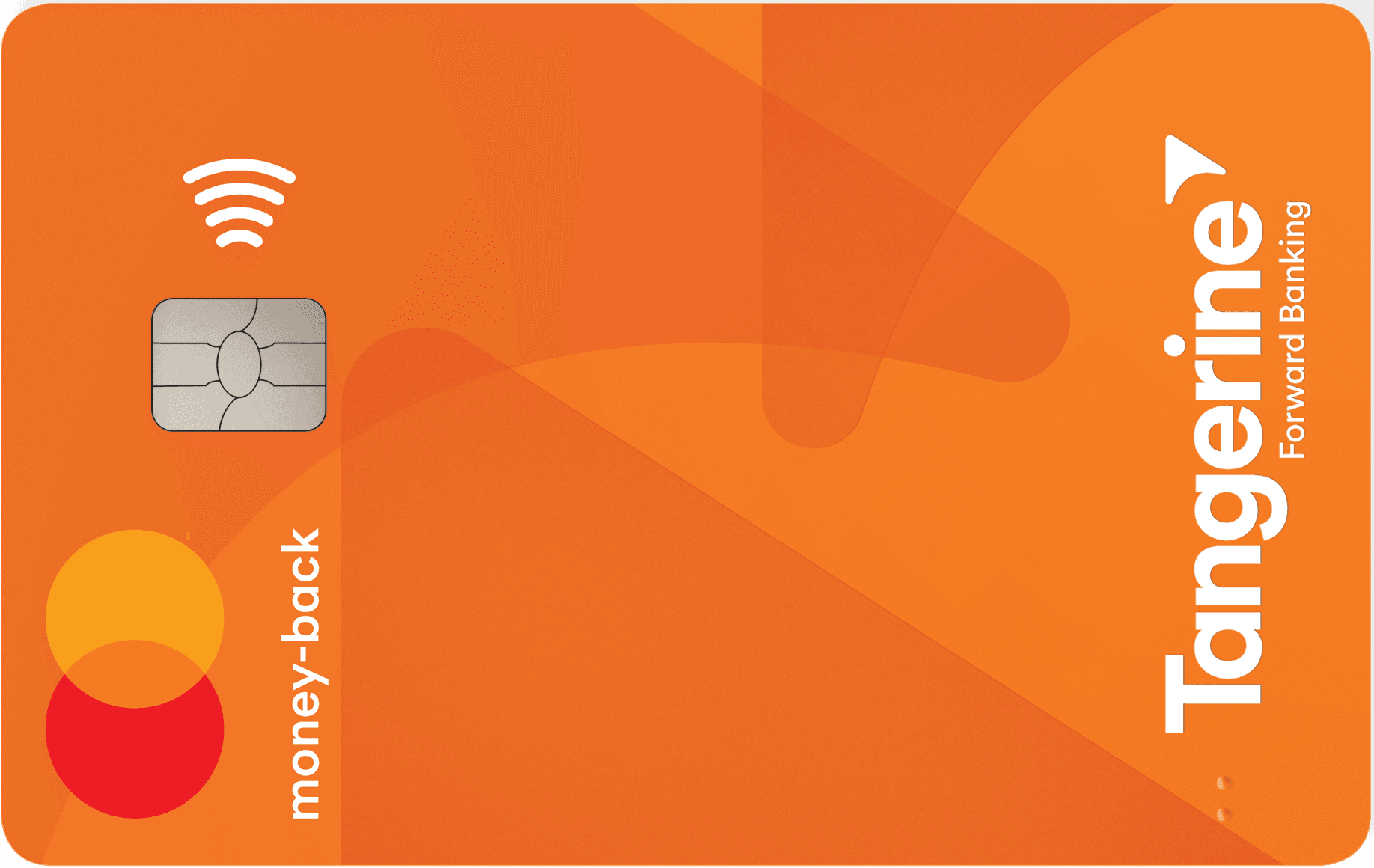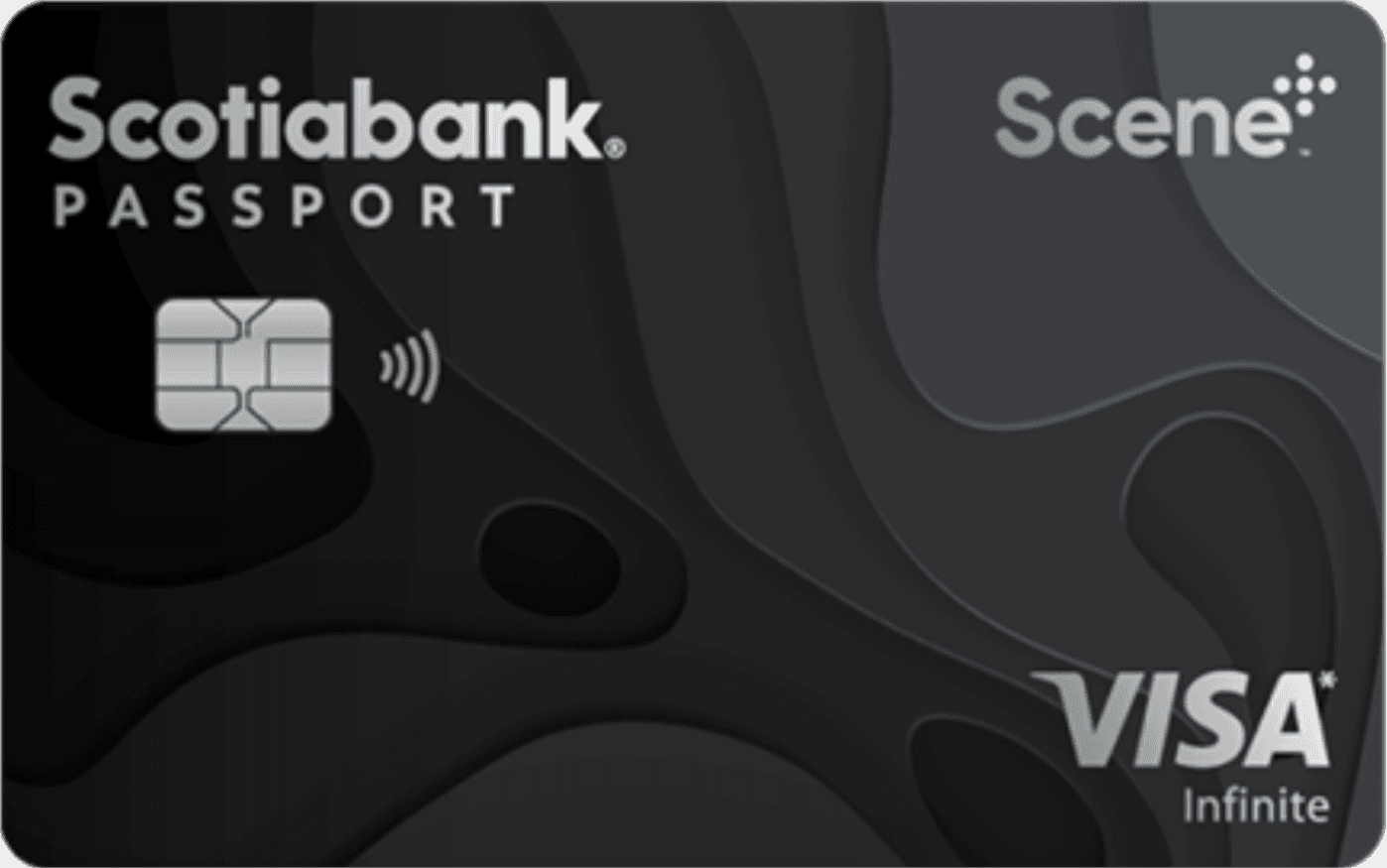Working hard in the background...
8 Credit Card Mistakes College Students Make in Canada (and How to Avoid Them)
Published Jan 8, 2026 12:31 PM • 6 min read
When you attend a college or university in Canada, not only do you step foot onto a brand new campus, but you’re also entering a new stage of life.
During this new era, you’re tasked with navigating the foreign concepts of shared space with a roommate, how many cups of coffee is too much while studying for a midterm, plus tons of spontaneous social events. Needless to say, there’s a lot going on, and unsurprisingly, the chaos comes with plenty of scattered costs – everything from textbooks to late night snacks to tuition itself. That said, whatever your pre-funded student card can’t cover, a credit card can.
Still, in the midst of all the juggling, there are several credit card mistakes that Canadian college students tend to make.
Below, we’ll provide a comprehensive look into what those mistakes are, plus how to avoid them.
Feel free to take notes – your future twenty-something-year-old self will thank you!
1. Opting Into Too Many Credit Cards
We get it, with tons of promotional periods and gift-card or statement credit incentives, opening a handful of credit cards can seem like a great idea – especially as a student who’s always looking for a deal.
Even though there are plenty of retail credit cards tempting you at every turn (like the Amazon.ca Rewards Mastercard, for example), tacking on too many sources of credit can get, well, confusing.
As someone who’s new to spending and attempting to build healthy credit, it’s actually best to pick one student-friendly credit card that suits you best and to stick with it for the next few years. With this singular card, you can practice positive financial habits like following (and understanding) your billing cycle and paying off your balance on time, all whilst earning some extra rewards (typically cashback) in the meantime.
You’ll learn this same lesson with strict essay word counts and extracurriculars: sometimes less really is more – at least more manageable and meaningful.
2. Failing to Take the Time to Truly Understand Credit Cards
Building off of that last point, a big credit card mistake that many students make is applying for cards that seem beneficial up-front, without really taking the time to understand what the card in question is all about.
In fact, this is one of the main reasons FinlyWealth exists today, so Canadians can truly understand all of the credit cards available to them and make an informed decision about which card is best based on their unique spending habits.
This search starts with our Best Credit Finder, where users can filter through options based on rewards programs, fees, or specific categories like low-interest, travel, or – you guessed it – student cards.
Every card will come with its own credit limit – which is the total amount of money you’re able to borrow per billing cycle. To keep your credit health optimal, you’ll want to make sure you keep your credit utilization ratio (which is how much of your credit limit that you actually spend compared to how much is available) under 30%. Regardless of how much you spend, you’ll also want to make sure you pay off your balance by its due date. Maintaining good credit health boosts your credit score, which is often considered when applying for more credit cards or loans later on.
Rewards credit cards will also optimize your spending by earning you points or cashback on every eligible purchase. Points are typically redeemable towards specific categories like travel, entertainment or dining, whereas cashback puts a percentage of the money spent right back into your pocket.
3. Not Keeping Track of Spending
Now that you know how to responsibly (or optimally) spend money using a credit card, you’ll also want to keep track of your spending.
With credit limits that are often higher than the balances in our bank accounts and payments that can be completed with a simple card tap, it’s easy to accumulate tons of transactions on your credit card. Too many transactions becomes troublesome when you can’t actually pay off the amount you’ve spent, which leads to a carried balance that inevitably collects interest.
Creating a budget and consciously using your credit card allows you to actively avoid credit card debt. So put those Excel skills you’ve been learning in your economics class to good use and start drafting a spreadsheet.
4. Forgetting About Bills
If you keep track of your spending, you’ll be less likely to forget about your bill payments – which is yet another credit card mistake that college students often make.
It's true, college is busy, but failing to pay your bills on time can negatively impact your credit score. As mentioned, your credit score is an important factor that lenders take into account when considering you for future loans.
To make sure you pay those bills on time and to support your future self financially, add another column to your Excel sheet that accounts for balance due dates and don’t forget to mark your calendar – both the physical one hanging in your dorm room and the digital one on your mobile phone.
5. Procrastinating on Making Payments
Like procrastinating on your term paper, procrastinating on making your credit card payments comes with consequences. If you wait too long to make payments, you can accumulate interest and ultimately lower your credit score.
If you’re nearing graduation, you may even be expecting to have a steady-income job the minute you toss your cap into the air – but this isn’t always the case.
These days, securing a high-paying job can be difficult, especially for recent graduates, so you should only be charging necessary purchases that you can currently cover to your credit card (and of course, pay off your balance on time).
6. Never Paying With Your Credit Card
Admittedly, the past couple of points might have made you wary about using your credit card.
That said, when used responsibly, a credit card is an extremely convenient way to build up your creditworthiness, which can help you later on when you need to take out a loan, rent a home or an apartment (something you may need to do in upper years), or apply for a mortgage.
Boosting your credit score now can even help you apply for a better credit card in the future.
7. Not Having a Credit Card
We mentioned the drawbacks of not using your credit card, but what if you choose to forgo a credit card altogether?
While never having a credit card isn’t necessarily a bad thing, not having one certainly makes building credit tricky in Canada.
Sure, there are other ways to build credit, like paying off student loans, credit-builder loans, or a line of credit, but using a credit card card is much more convenient and flexible. Additionally, as mentioned, some cards come with rewards programs and added perks to optimize your spending as you create your financial footprint.
8. Lending Your Credit Card to Others
In college, you might get used to constantly sharing just about everything. Whether that’s space with your roommate, a washroom with your floor, or lab stations with your peers.
One thing you should always refrain from sharing, however, is your credit card.
Your credit card is your responsibility. So, if a friend borrows your card and accidentally loses it or uses it to make a large purchase, you’ll be the one incurring the loss or covering the balance.
There are also instances where an identity check during a purchase can lead to card confiscation.
At the end of the day, trust us, the last thing you want to be dealing with during freshman year (or any year for that matter) is credit card fraud.
Conclusion
Don’t get the wrong idea. College is all about figuring things out and constantly learning, so there’s always room for mistakes.
That said, when it comes to credit cards, there are many mistakes you don’t want to make, like taking out too many credit cards, applying for the wrong credit cards, losing track of spending or payments, lending your card to friends, or avoiding credit cards altogether.
If you’re just about to embark on your post-secondary journey, let this blog post serve as your first official lecture. If you’re on campus right now and are considering getting a credit card or maybe you already have one inside of your wallet, bookmark this blog for continual reference and make adjustments to your credit card habits where needed.
Trending Offers

Tangerine® Money-Back World Mastercard®*

Tangerine Money-Back Mastercard

Neo World Elite® Mastercard®

Scotiabank Passport® Visa Infinite* Card
What's on this Page
- 1. Opting Into Too Many Credit Cards
- 2. Failing to Take the Time to Truly Understand Credit Cards
- 3. Not Keeping Track of Spending
- 4. Forgetting About Bills
- 5. Procrastinating on Making Payments
- 6. Never Paying With Your Credit Card
- 7. Not Having a Credit Card
- 8. Lending Your Credit Card to Others
- Conclusion
About the author

Sara Skodak
Lead Writer
Since graduating from the University of Western Ontario, Sara has built a diverse writing portfolio, covering topics in the travel, business, and wellness sectors. As a self-started freelance content ...
SEE FULL BIOAbout the editor

Abid Salahi
Credit Card Expert
Abid leads the design and engineering of the FinlyWealth website, making sure everything runs smoothly and looks great. He’s a seasoned software engineer who follows best practices and designs interfa...
SEE FULL BIO